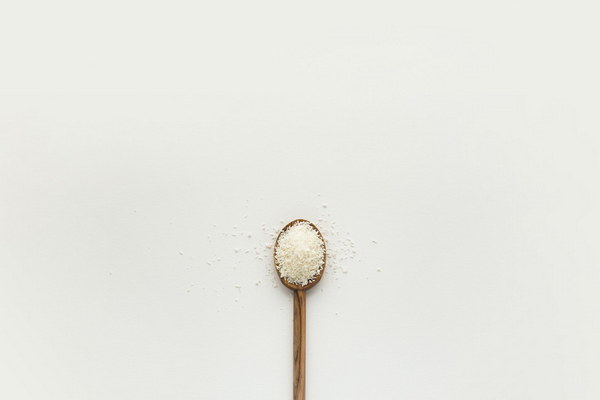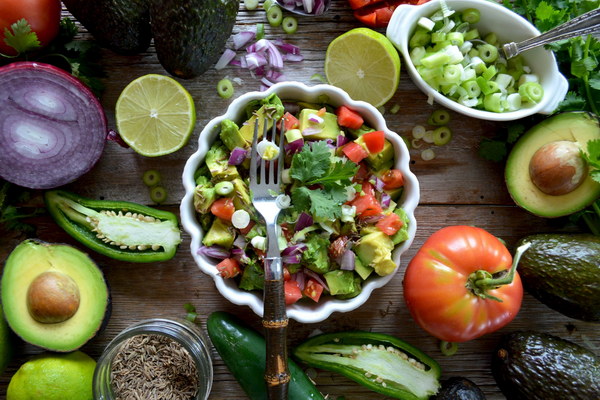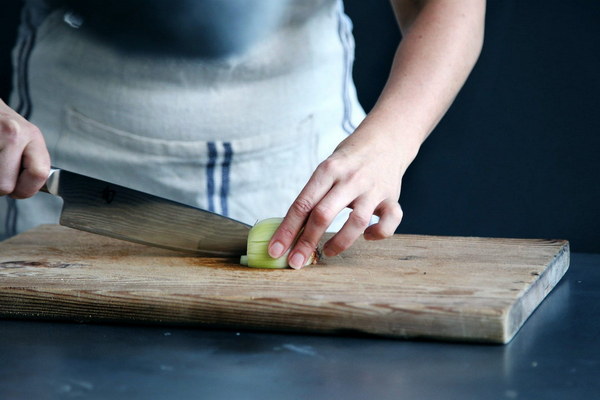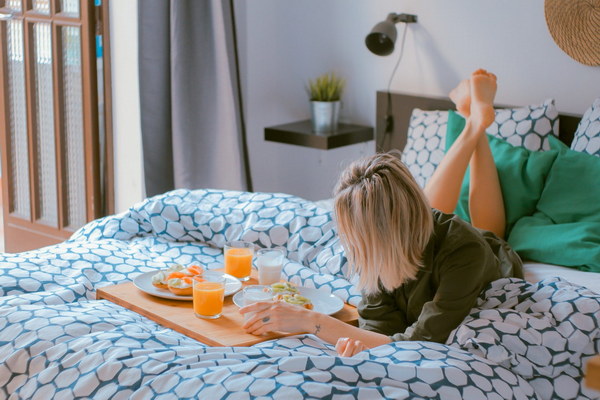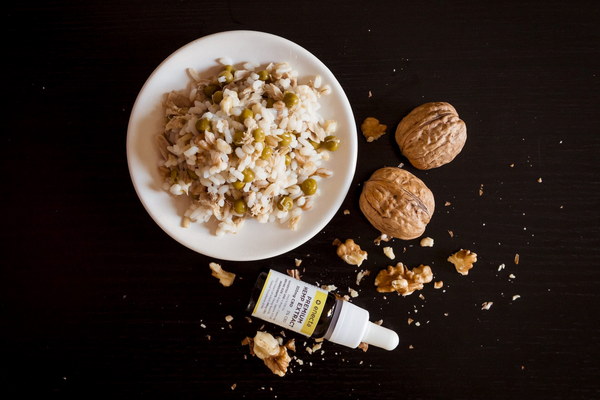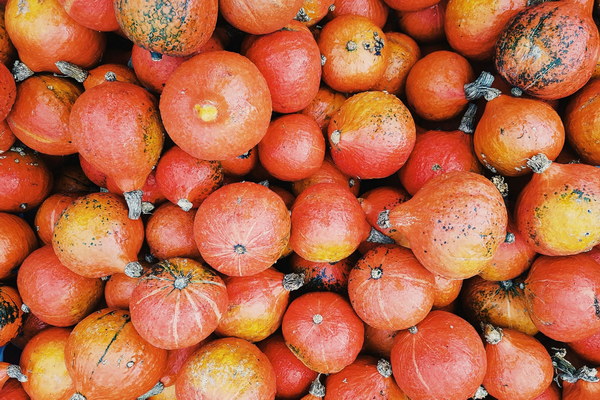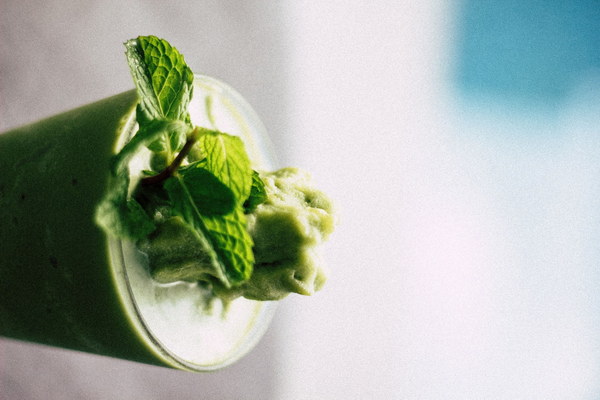The Effectiveness of Traditional Chinese Herbs for Moisture Removal in Living Spaces A Comprehensive Analysis
In the realm of traditional Chinese medicine, the use of herbs has been a staple for treating a variety of ailments, including dampness. Dampness is a common health issue in Chinese medicine, believed to be caused by an excess of dampness in the body, which can lead to various symptoms such as fatigue, joint pain, and digestive issues. One popular method of dealing with dampness is by placing Chinese herbs in living spaces. But does this method actually work? Let's delve into the effectiveness of using traditional Chinese herbs for moisture removal in living spaces.
The Concept of Dampness in Chinese Medicine
In traditional Chinese medicine, dampness is considered a fundamental pathogen that can disrupt the body's balance. It is believed that dampness can accumulate in the body due to various factors such as poor diet, excessive consumption of cold and damp foods, or living in a damp environment. To counteract this imbalance, Chinese medicine employs various methods, including herbal remedies, acupuncture, and moxibustion.
The Role of Herbs in Moisture Removal
One of the most popular methods for dealing with dampness in Chinese medicine is the use of herbs. These herbs are believed to have properties that can absorb moisture, thereby reducing dampness in the body and environment. Some common herbs used for moisture removal include:
1. Cinnamon: Known for its warming properties, cinnamon is believed to help expel dampness from the body and improve circulation.
2. Ginger: Another warming herb, ginger is thought to help eliminate dampness and improve digestion.
3. Atractylodes: Atractylodes is a traditional Chinese herb that is commonly used to treat dampness in the body and improve appetite.
4. Astragalus: This herb is known for its immune-boosting properties and is believed to help expel dampness from the body.
The Practice of Placing Herbs in Living Spaces
In the practice of using Chinese herbs for moisture removal in living spaces, dried herbs are typically placed in small cloth bags or pots. These bags or pots are then placed around the house, often near windows, doors, and other areas prone to dampness. The belief is that the herbs will absorb the moisture from the air and help reduce dampness in the living environment.
The Effectiveness of Herbs for Moisture Removal
While the use of Chinese herbs for moisture removal in living spaces may seem like a quaint tradition, there is some evidence to suggest that it can be effective. Here are a few reasons why placing herbs in living spaces might help reduce dampness:
1. Absorption of moisture: Many of the herbs used for moisture removal have natural absorbent properties. They can help absorb excess moisture from the air, thereby reducing dampness in the environment.
2. Aroma therapy: The scent of certain herbs, such as cinnamon and ginger, can be calming and invigorating. This may contribute to a more comfortable living environment.
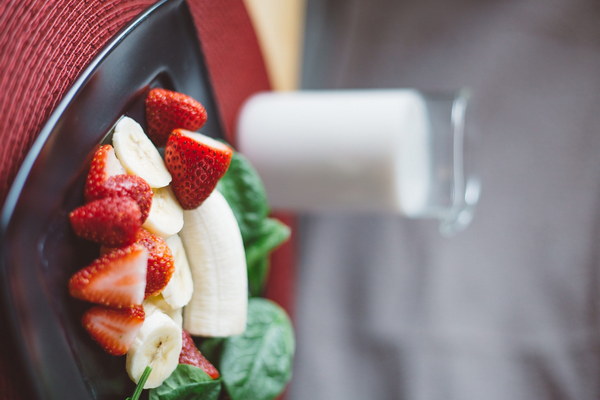
3. Air purification: Some herbs have natural antibacterial and antiviral properties, which can help purify the air and reduce the risk of respiratory infections.
However, it's important to note that the effectiveness of using herbs for moisture removal can vary depending on the severity of dampness, the type of herbs used, and the living environment. In some cases, the benefits may be more psychological than physical.
Conclusion
The use of Chinese herbs for moisture removal in living spaces is a practice that has been passed down through generations. While there is some evidence to suggest that it can be effective, the results may vary. If you are looking to reduce dampness in your living space, incorporating traditional Chinese herbs may be worth a try. However, it is essential to combine this method with other dampness-reducing measures, such as ensuring proper ventilation and using dehumidifiers if necessary.
